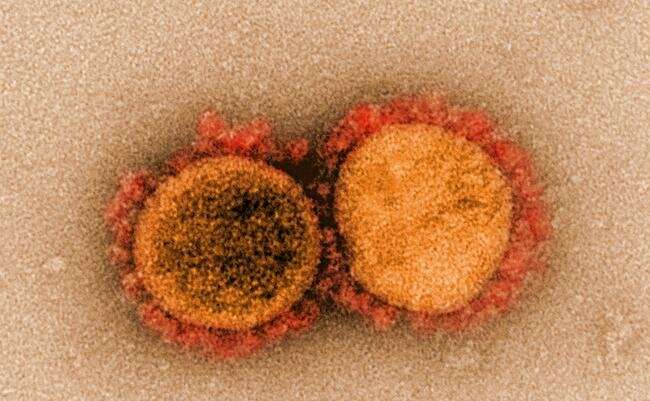Inadequate sequencing of SARS-CoV-2 variants impedes global response to COVID-19

The lack of sequencing of SARS-CoV-2 variants by the U.S. and other countries is imperiling the global response to the COVID-19 pandemic, argues Dana Crawford of Case Western Reserve University in a new Viewpoint published July 15th in the journal PLOS Genetics.
Surveillance is essential to a successful and rapid response to disease outbreaks, but public health surveillance has traditionally focused on monitoring case numbers, hospitalizations and deaths. Advances in genome sequencing now allow us to track genetic variation in evolving viruses in unprecedented detail. However, despite the availability of sequencing in several countries, the adoption of genomics as a strategy for surveilling the SARS-CoV-2 virus, which causes COVID-19, has been slow, difficult and inconsistent. Crawford points out that, as of early April 2021, the U.S. ranked 33rd in the world in SARS-CoV-2 sequencing for variant surveillance. She says that historically, the Centers for Disease Control and Prevention (CDC) has not prioritized genomic research for public health, and this bias has created a gaping hole in our understanding of the real-time evolution of SARS-CoV-2 and the impact on disease transmission and severity.
Crawford cites insufficient funding, the lack of an effective sample tracking system and strict regulations on sample and data sharing as the causes of the inadequate sequencing efforts. Still, other countries, such as China and the U.K., have successfully overcome these challenges. The CDC recently committed more than $200 million to enhance sequencing, but Crawford points out that this late investment means that the U.S. lacks an organized database of patient information for COVID-19 studies. She cautions that investments in SARS-CoV-2 genomics need to continue and expand as new variants will likely arise due to variability in vaccination rates and adherence to COVID-19 precautions worldwide.
Given that SARS-CoV-2 is a novel zoonotic disease with no prior human infections, Crawford argues that sequencing and analysis are vital to understanding both the trajectory of the outbreak and its evolution. Provisions are also sorely needed to link genetic data to clinical and epidemiological data sources for public health research. Finally, she concludes that ongoing international sequencing efforts are still needed to understand and respond to this continually evolving virus that knows no international boundaries.
Source: Read Full Article
